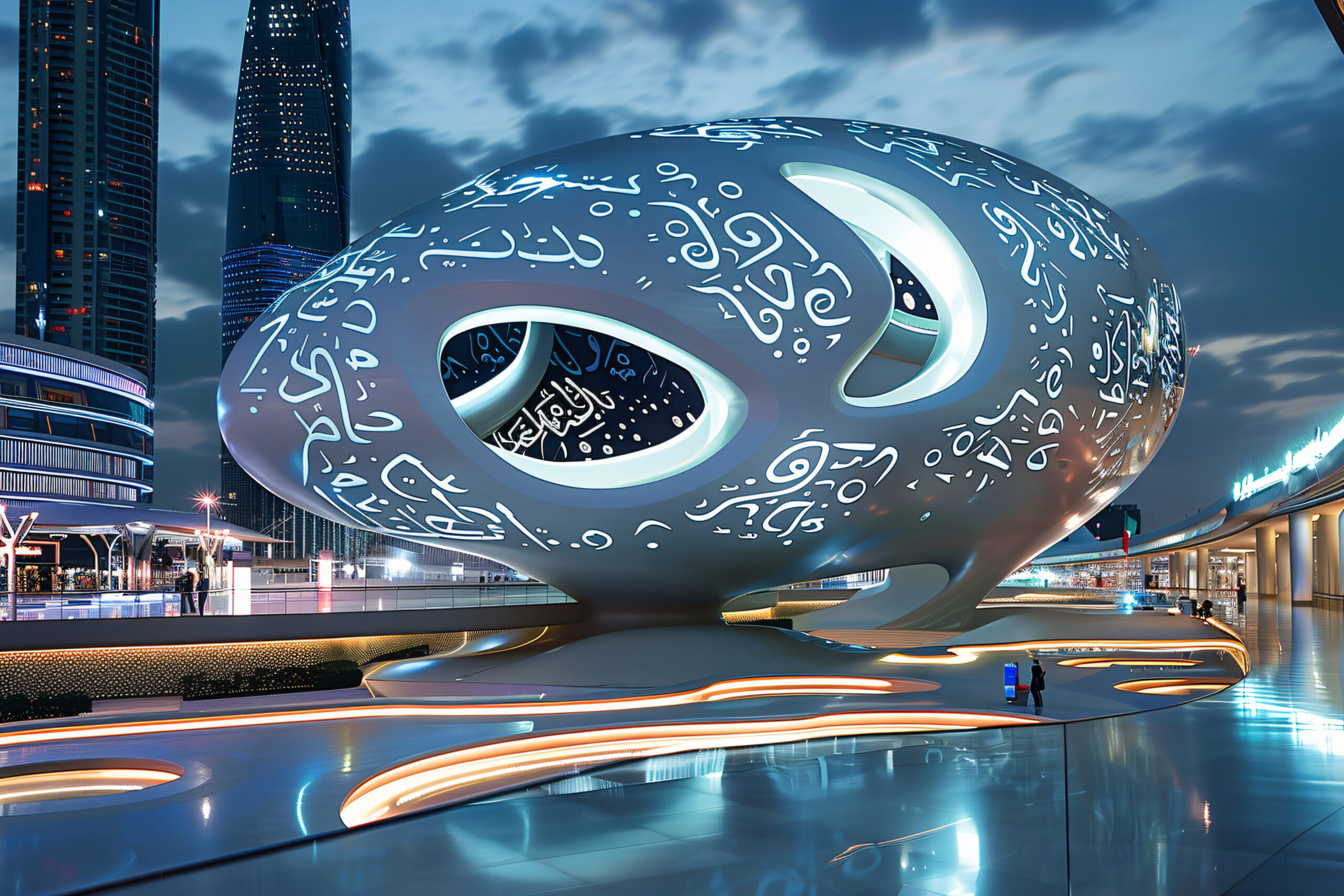Introduction
The UAE real estate market is rapidly evolving, embracing cutting-edge technologies to improve efficiency, security, and transparency. One such transformative technology is blockchain, which has the potential to revolutionize property transactions, streamline processes, and reduce fraud. This article explores how blockchain is reshaping the UAE real estate sector and the benefits it offers.
What is Blockchain and How Does it Work?
Blockchain is a decentralized digital ledger that records transactions in a secure, immutable manner. Each transaction is stored in blocks and linked in a chain, ensuring data integrity and transparency. Unlike traditional centralized databases, blockchain eliminates the need for intermediaries, reducing costs and enhancing security. For more on blockchain technology, check out this Investopedia article on Blockchain.
Key Benefits of Blockchain in UAE Real Estate
1. Enhanced Transparency
- Every transaction recorded on a blockchain is visible to all relevant parties, reducing the chances of fraud.
- Property ownership details, purchase history, and legal documents can be securely stored and accessed with permission.
2. Increased Security
- Blockchain’s encryption technology prevents data tampering and unauthorized access.
- Eliminates the risk of forged documents and fraudulent claims, ensuring trust among buyers and sellers.
3. Efficient Property Transactions
- Smart contracts automate real estate transactions, reducing paperwork and manual processes.
- Speeds up property registration and transfer procedures, saving time for buyers, sellers, and government agencies.
4. Cost Reduction
- Eliminates intermediaries such as brokers, banks, and legal firms, significantly lowering transaction costs.
- Reduces administrative expenses by streamlining processes through automation.
5. Improved Real Estate Investments
- Tokenization of real estate assets allows investors to buy and sell property shares, making investments more accessible.
- Enables fractional ownership, allowing small investors to participate in the real estate market.
UAE’s Adoption of Blockchain in Real Estate
The UAE government has taken significant steps toward integrating blockchain into real estate. Dubai Land Department (DLD) has launched blockchain-based initiatives, such as:
- Smart Dubai Initiative: Aims to make Dubai the first blockchain-powered city.
- Blockchain-Based Real Estate Registration: Ensures secure, transparent, and efficient property transactions.
- Ejari System: Uses blockchain to digitize rental agreements, reducing disputes and improving record-keeping.
Challenges and Future Prospects
Despite its advantages, blockchain adoption in UAE real estate faces some challenges:
- Regulatory Uncertainty: Clear guidelines are needed for legal recognition of blockchain-based transactions.
- Technological Integration: Requires real estate firms and government agencies to upgrade their infrastructure.
- Awareness and Adoption: Many stakeholders are still unfamiliar with blockchain’s potential.
However, with UAE’s commitment to technological innovation, blockchain is expected to play a crucial role in shaping the future of real estate. As regulations evolve and adoption increases, blockchain will lead to a more secure, transparent, and efficient property market.
Conclusion
Blockchain is revolutionizing the UAE real estate sector by enhancing transparency, security, and efficiency. With government-backed initiatives and growing adoption, this technology will redefine property transactions and investment opportunities. As blockchain continues to develop, it will play a vital role in making UAE’s real estate market more accessible, reliable, and future-ready.
For more detailed insights about the UAE real estate market, check out our blogs here: https://manzilee.ae/blogs/

